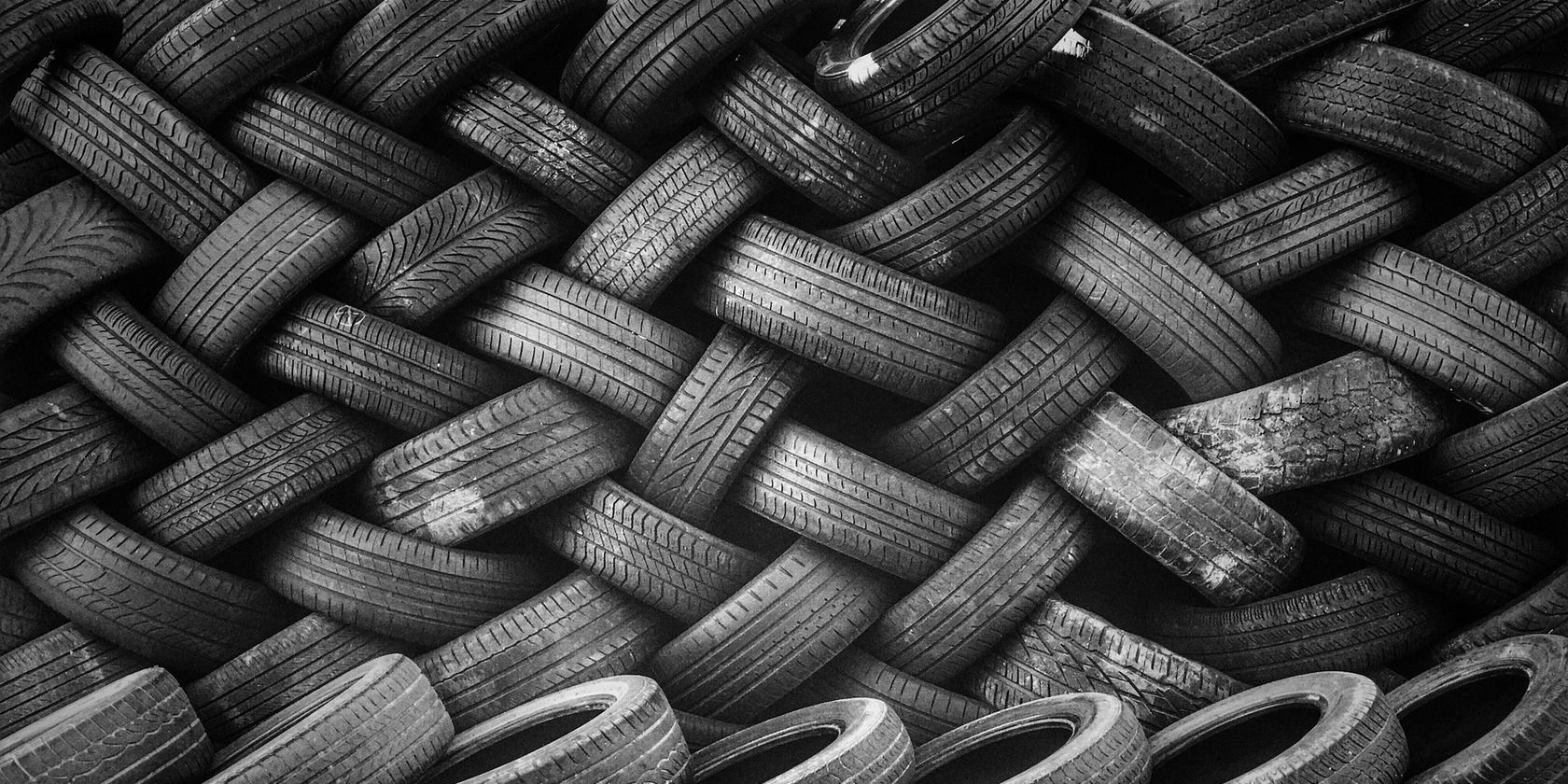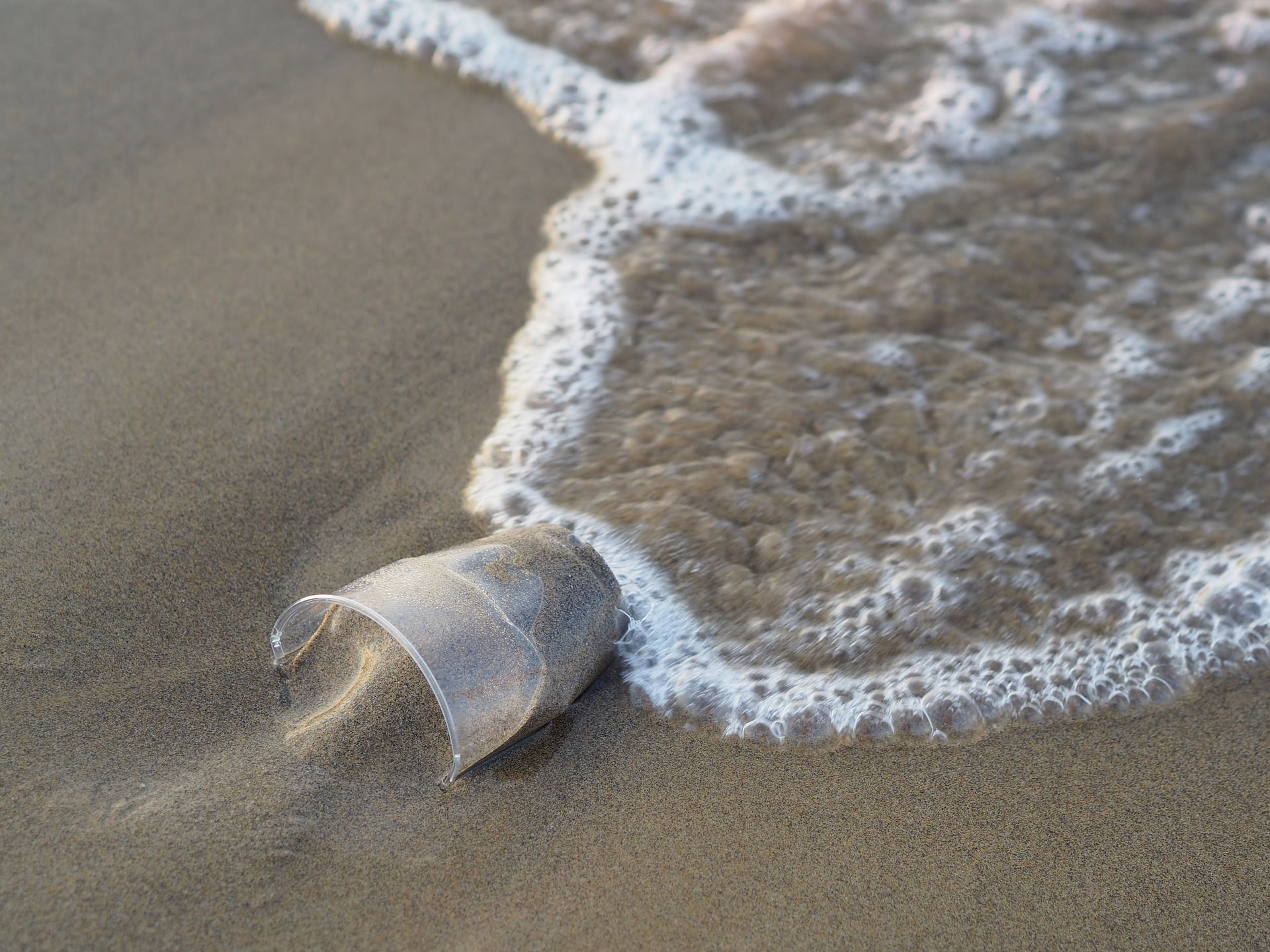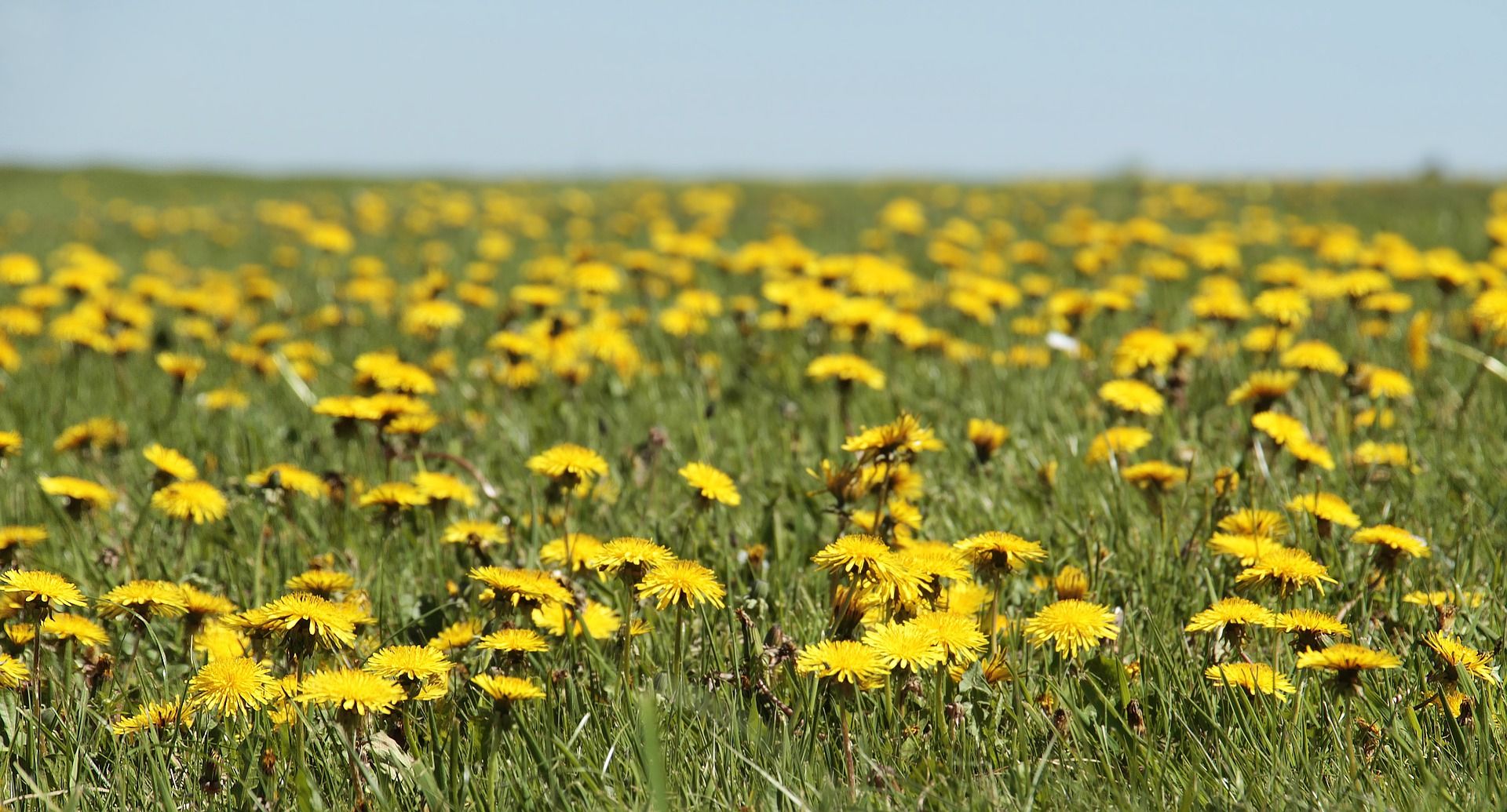When shopping for tires, we consider cost, weather performance, and longevity. But environmental impact? Maybe not so much...
There hasn't yet been a farm-to-freeway movement, but tires play an important role in our planet's health.
However, rolling resistance, noise pollution, raw materials, and manufacturing processes all affect how "eco-friendly" your tires are.
How Does Rolling Resistance Impact Fuel Economy and EV Range?
If you've shopped for tires recently, you may have used an app to find inexpensive ones.
While shopping for price is easy, many people don't research rolling resistance. You don't need to understand the complex physics of rolling resistance to see how it can save you money.
Rolling resistance is the force that works against keeping your tires moving. This is why it's an inverse relationship: lower rolling resistance equates to higher fuel economy for ICEs and increased range for EVs.
1. Bridgestone Ecopias: Saving Fuel and Giving Back
Made of recycled rubber and boasting a low rolling resistance, Bridgestone Ecotopias are worth considering if both fuel economy and environmental impact are important to you. Bridgestone also supports numerous environmental initiatives.
2. Firestone Fuel Champions
Firestone Champion's Fuel Fighter™ technology has a low rolling resistance and carries a 70,000-mile warranty, making it a good choice for those on a budget who want to help the planet.
3. Pirelli Scorpion Verdes
In addition to low rolling resistance, these tires feature the Pirelli Noise Cancelling System™, which relies on sponges to reduce noise by two to three decibels.
Besides the luxury of a quiet ride, why is this important for the environment?
Tires and Noise Pollution
Though we seek out the best noise-canceling earbuds, we often forget to consider the ecological damage caused by noise pollution, such as disturbing the echolocation of marine animals.
4. Michelin's Acoustic Technology Tires
Noise is bad for people too. We've all heard obnoxiously loud car exhaust systems, but tires account for about half of the vehicle-related noise. As tires roll, air is trapped between the grooves of the tread and the road. When this pressurized air is released, it creates sound.
5. Pirelli's Cinturato P7
If you live someplace warm, Pirelli's Cinturato P7 combines noise reduction and run-flat technology. This makes these tires an environmentally friendly choice for anyone who dreads getting a flat tire. In addition, it's a good choice for ultra-high-performance summer tires for EVs.
Which Tires Are Made With Sustainable Manufacturing Processes?
While finding apps to reduce our carbon footprint is easy, it can be difficult to figure out which tires are produced with the environment in mind. Here are two more tires to consider that espouse green manufacturing.
6. Yokohama BluEarth
The BluEarth tire series has a bit of everything: lightweight, noise-reducing, and manufacturing processes to reduce CO2 emissions. Yokohama is also committed to preserving regional biodiversity with its Forever Forest tree planting project.
7. Goodyear
Goodyear's new ElectricDrive GT product line, specifically aimed at EVs, will offer a combination of quietness, low rolling resistance, and reduced carbon footprint. EVs need different tires because they're torquier and need to accommodate the weight of the battery.
Goodyear aims to build tires with 100% sustainable raw materials by 2030.
Sustainable Tires Start With Raw Materials
As tires make contact with roads, they wear down and leave tiny microplastics in their wake. One study on the Wear and Tear of Tyres found that these particles contribute to 5-10% of ocean plastics.
Besides creating microplastics, raw materials in tires contribute to unsustainable forestry.
That's because about half of a typical tire is composed of rubber: 20% natural and 25% synthetic. The remainder consists of metals, fabrics, and other compounds.
Natural rubber is an organic polymer harvested from rubber trees in the form of latex. Rubber trees thrive only in specific geographic regions, referred to as the "rubber belt," because it surrounds the equator. The vast majority of natural rubber is harvested from Southeast Asia. Thailand alone accounts for about 35% of the world's supply.
Rubber's popularity across many industries has resulted in mass deforestation and loss of biodiversity as rubber tree farms supplant natural landscapes. That's why researchers are looking for new materials for tires that cause less environmental damage.
Unfortunately, synthetic rubber isn't a great alternative. Synthetic rubber comes from petroleum byproducts. It takes about 7 gallons of oil to make a car tire and 22 gallons to make a tire truck.
Other natural materials may help us to reduce our reliance on rubber in the future.
Tires Made of Desert Plants: Bridgestone's Guayule Tires
Guayule (pronounced gwah-YOO-lee) is a desert plant that could become a popular rubber alternative because it can be grown in North America's arid regions.
As desert life is sparse, the negative impact on local ecosystems isn't as harmful as chopping down a lush rainforest. Bridgestone is currently researching how guayule can be cultivated and harvested for practical commercial usage, and Firestone (owned by Bridgestone) showcased Guayule tires in the 2022 Indy 500 pit stop challenge (they're the green side-walled tires in the video below).
Continental Explores Russian Dandelions
Continental is getting ready to incorporate dandelion-derived rubber into its tires. Ready to harvest in one year (as opposed to seven for a rubber tree), Russian dandelions can be grown in areas inhospitable to most crops.
Though not just any species of dandelion are suitable for tire production, the Russian varietal can be grown in parts of Europe and North America. Local sourcing reduces the need to haul rubber around the globe, reducing CO2 emissions. Dandelions are also important food sources for pollinators, making this a win-win proposition.
Can Tires Really Be "Eco-Friendly?"
While best practices like keeping your tire pressure at the optimal level to maximize fuel economy or range apply to all tires, you can help the environment by shopping for eco-friendly tires. While sometimes sustainability claims amount to little more than corporate greenwashing, certain tires are kinder to the environment than others.
Rolling around on eco-friendly tires means a reduction in deforestation, lower CO2 emissions, support for sustainable manufacturing, reduced noise pollution, and saving money.





